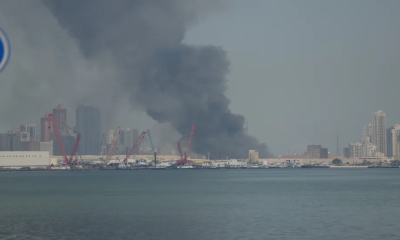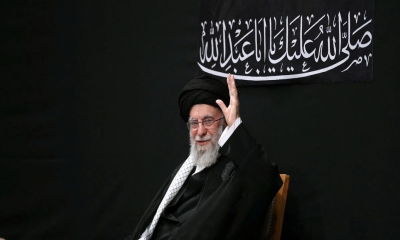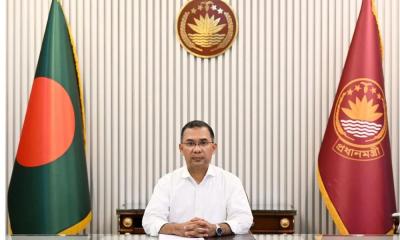Amid growing energy crisis and rising demand ahead of summer, the government has resumed importing LNG (liquefied natural gas) from the international spot market.
The Cabinet Committee on Government Purchase (CCGP) approved a proposal of the state-owned Petrobangla to import one cargo of LNG, officials familiar with the matter confirmed.
Agriculture Minister Abdur Razzaque presided over the meeting held virtually on Wednesday, according to UNB.
The government had earlier suspended the import of LNG from the international spot market in July last year (2022) following the excessive hike in prices of the gas against the backdrop of the Russia-Ukraine war.
Before the war, Bangladesh was purchasing LNG from the spot market between $6-10 per MMBtu. After the start of the war in February this year, the price crossed $37 per MMBtu.
Official sources said the Energy and Mineral Resources Division placed the proposal on behalf of its subordinate body Petrobangla to import the LNG.
"The price of LNG was quoted at $19.78 per MMBTu (Million British Thermal unit) and the cost of the total consignment was set at Tk 850 crore", said a source at the Energy and Mineral Resources Division.
He noted that the government has planned to import a total of 12 LNG cargos in 2023 to meet the growing demand for natural gas.
As part of the austerity measures, the government last year suspended power generation from diesel-fired power plants and also import of the LNG as the prices of the products went too high.
As a result, the government was incurring a huge financial loss in importing LNG at higher prices and selling it to the local market at lower prices.
But recently, the government raised the gas prices at retail level for power plants, industries, and commercial users to reduce subsidies in the sector as per advice of the International Monetary Fund (IMF) to get a loan from the multilateral lending agency.
As per the recent announcement, the retail price of gas was raised by 14.5 percent to 178.9 percent for industries, power plants and commercial establishments, who together account for 78 percent of gas use in Bangladesh while price of gas for captive power plants and industries, gas was raised to Tk 30 per cubic metre.
This would be a 150 percent hike for large industries, 154.7 percent for medium industries and 178.3 percent for small and cottage industries. For captive power plants, it would be an increase of 87.5 percent.
Commercial establishments like hotels and restaurants will have to pay Tk 30.50 per unit, up 14.5 percent from the existing rate.
The tariff for households, fertiliser production, CNG-run vehicles and tea gardens will remain unchanged.
The country produces about 2,300 million cubic feet per day (MMCFD) gas from local gas fields to meet a demand of over 2,800 MMCFD leaving a gap of 500 MMCFD.
To meet this gas the government has to import a huge LNG from abroad of which it meets 350 MMCFD gas through importing it from Qatar and Oman under long-term agreements while remaining 150 MMCFD is being imported from the international spot market.













-20260304091720.webp)






-20260303080739.webp)








-20260225072312.webp)





-20260228064648.jpg)
